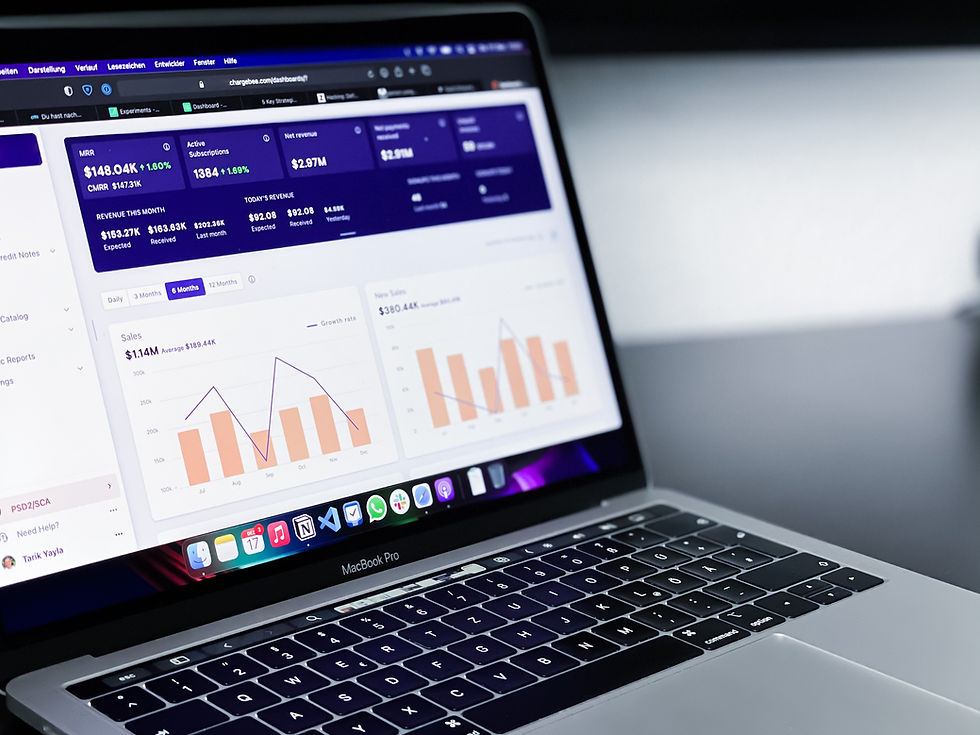In the digital age, marketing analytics tools have become indispensable for businesses aiming to optimize their strategies and achieve measurable results. These tools provide insights into campaign performance, customer engagement, and overall marketing effectiveness.
The Rise of Predictive Analytics
Predictive analytics involves using historical data and AI algorithms to forecast future trends and outcomes. This approach allows businesses to anticipate customer needs and tailor their marketing efforts accordingly. For example, by analyzing past purchasing behaviors, companies can predict which products are likely to be in demand during specific seasons.
Top Marketing Analytics Platforms
Several platforms have emerged as leaders in the marketing analytics space:
HubSpot: Provides a comprehensive suite of tools for inbound marketing, sales, and customer service, offering detailed analytics and reporting features.
Salesforce: Offers robust customer relationship management (CRM) capabilities with integrated analytics to track customer interactions and sales performance.
Improvado: Specializes in aggregating data from various marketing platforms, providing a unified view of marketing performance.
Integrating AI in Marketing Strategies
The integration of AI into marketing strategies has revolutionized how businesses approach consumer engagement. AI enables personalized content delivery, automated customer interactions, and enhanced decision-making processes. For instance, AI-driven personalization engines analyze user data to provide tailored content or advertisements, enhancing user experience and engagement.
Challenges and Considerations
While marketing analytics tools offer numerous benefits, businesses must be mindful of challenges such as data accuracy, integration complexities, and the need for skilled personnel to interpret the data effectively. Investing in training and ensuring data quality are essential steps toward maximizing the potential of these tools.









Comments